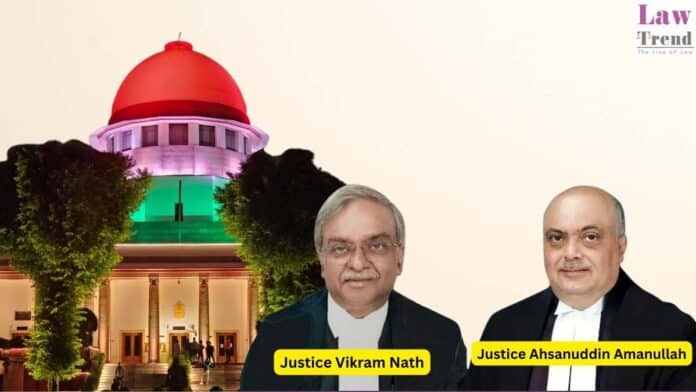“Royalty and tax are not one and the same. The nomenclatures cannot be used interchangeably in law, both carrying starkly different imports and connotations.” In a significant judgment delivered by the Supreme Court of India, the apex court upheld the decision of the Patna Municipal Corporation (PMC) to levy royalty on advertisements. The court clarified
To Read More Please Subscribe to VIP Membership for Unlimited Access to All the Articles, Download Available Copies of Judgments/Order, Acess to Central/State Bare Acts, Advertisement Free Content, Access to More than 4000 Legal Drafts( Readymade Editable Formats of Suits, Petitions, Writs, Legal Notices, Divorce Petitions, 138 Notices, Bail Applications etc.) in Hindi and English.




